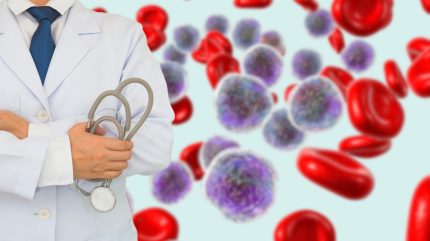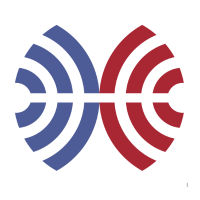Request Demo
Last update 22 Nov 2025
ADP-600
Last update 22 Nov 2025
Overview
Basic Info
Drug Type TCR-T Cell therapy |
Synonyms ADP 600 |
Target |
Action inhibitors |
Mechanism PRAME inhibitors(PRAME nuclear receptor transcriptional regulator inhibitors) |
Therapeutic Areas |
Active Indication |
Inactive Indication- |
Originator Organization |
Active Organization |
Inactive Organization- |
License Organization |
Drug Highest PhasePreclinical |
First Approval Date- |
Regulation- |
R&D Status
10 top R&D records. to view more data
Login
| Indication | Highest Phase | Country/Location | Organization | Date |
|---|---|---|---|---|
| Non-Small Cell Lung Cancer | Preclinical | United Kingdom | 01 Apr 2025 | |
| Breast Cancer | Preclinical | United Kingdom | 16 May 2024 | |
| Head and Neck Neoplasms | Preclinical | United Kingdom | 16 May 2024 | |
| Malignant neoplasm of gastro-oesophageal junction | Preclinical | United Kingdom | 16 May 2024 | |
| Endometrial Carcinoma | Preclinical | United States | 07 May 2024 | |
| Endometrial Carcinoma | Preclinical | Belgium | 07 May 2024 | |
| Melanoma | Preclinical | United States | 07 May 2024 | |
| Melanoma | Preclinical | Belgium | 07 May 2024 | |
| Ovarian Cancer | Preclinical | United States | 07 May 2024 | |
| Ovarian Cancer | Preclinical | Belgium | 07 May 2024 |
Login to view more data
Clinical Result
Clinical Result
Indication
Phase
Evaluation
View All Results
Login to view more data
Translational Medicine
Boost your research with our translational medicine data.
login
or

Deal
Boost your decision using our deal data.
login
or

Core Patent
Boost your research with our Core Patent data.
login
or

Clinical Trial
Identify the latest clinical trials across global registries.
login
or

Approval
Accelerate your research with the latest regulatory approval information.
login
or

Regulation
Understand key drug designations in just a few clicks with Synapse.
login
or

AI Agents Built for Biopharma Breakthroughs
Accelerate discovery. Empower decisions. Transform outcomes.
Get started for free today!
Accelerate Strategic R&D decision making with Synapse, PatSnap’s AI-powered Connected Innovation Intelligence Platform Built for Life Sciences Professionals.
Start your data trial now!
Synapse data is also accessible to external entities via APIs or data packages. Empower better decisions with the latest in pharmaceutical intelligence.
Bio
Bio Sequences Search & Analysis
Sign up for free
Chemical
Chemical Structures Search & Analysis
Sign up for free



